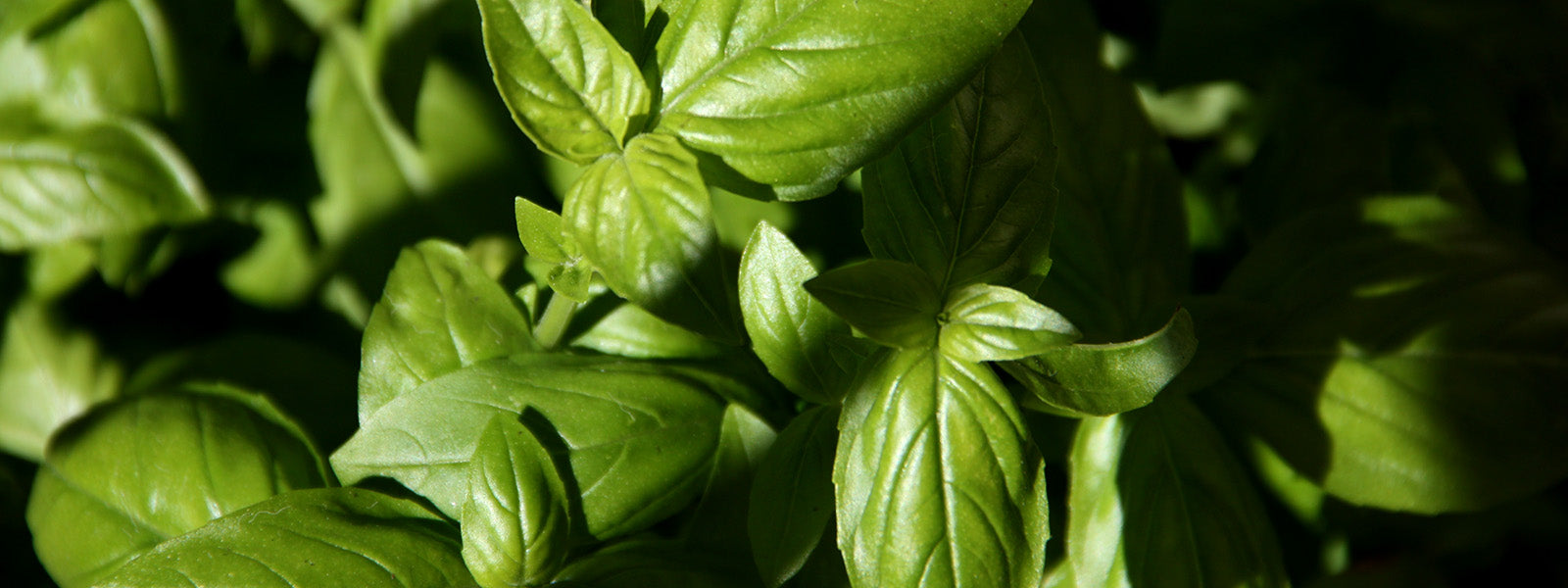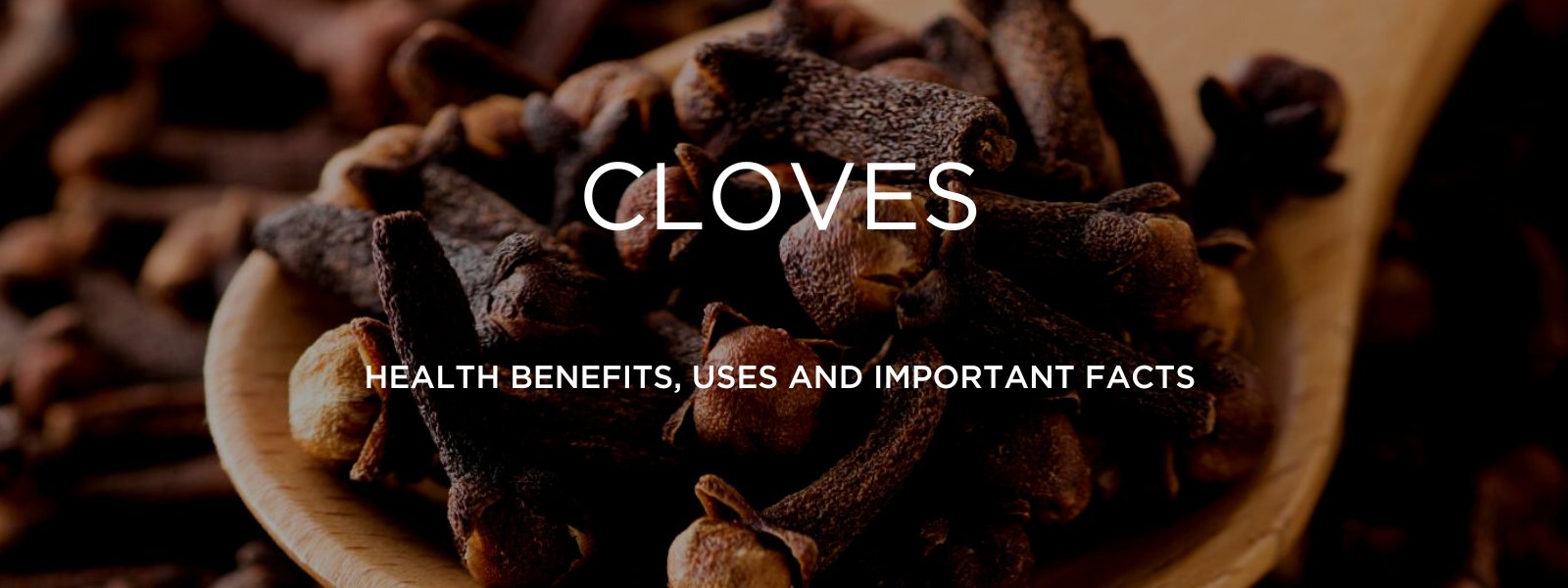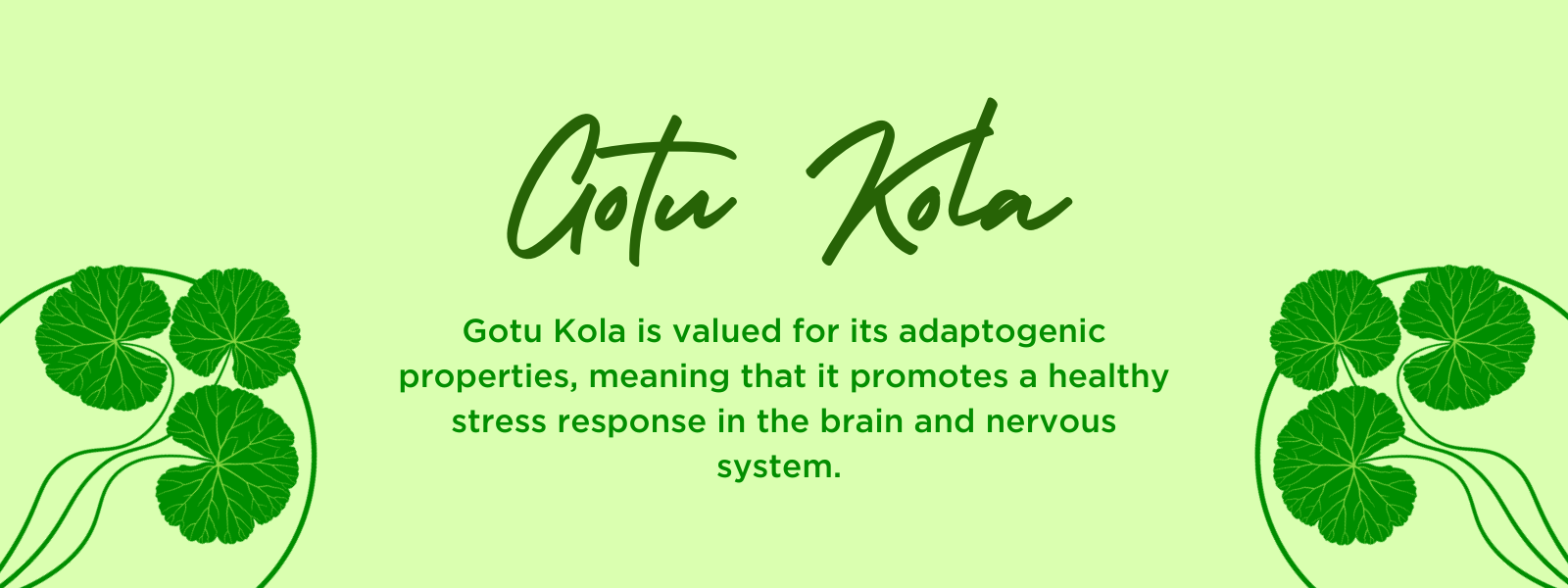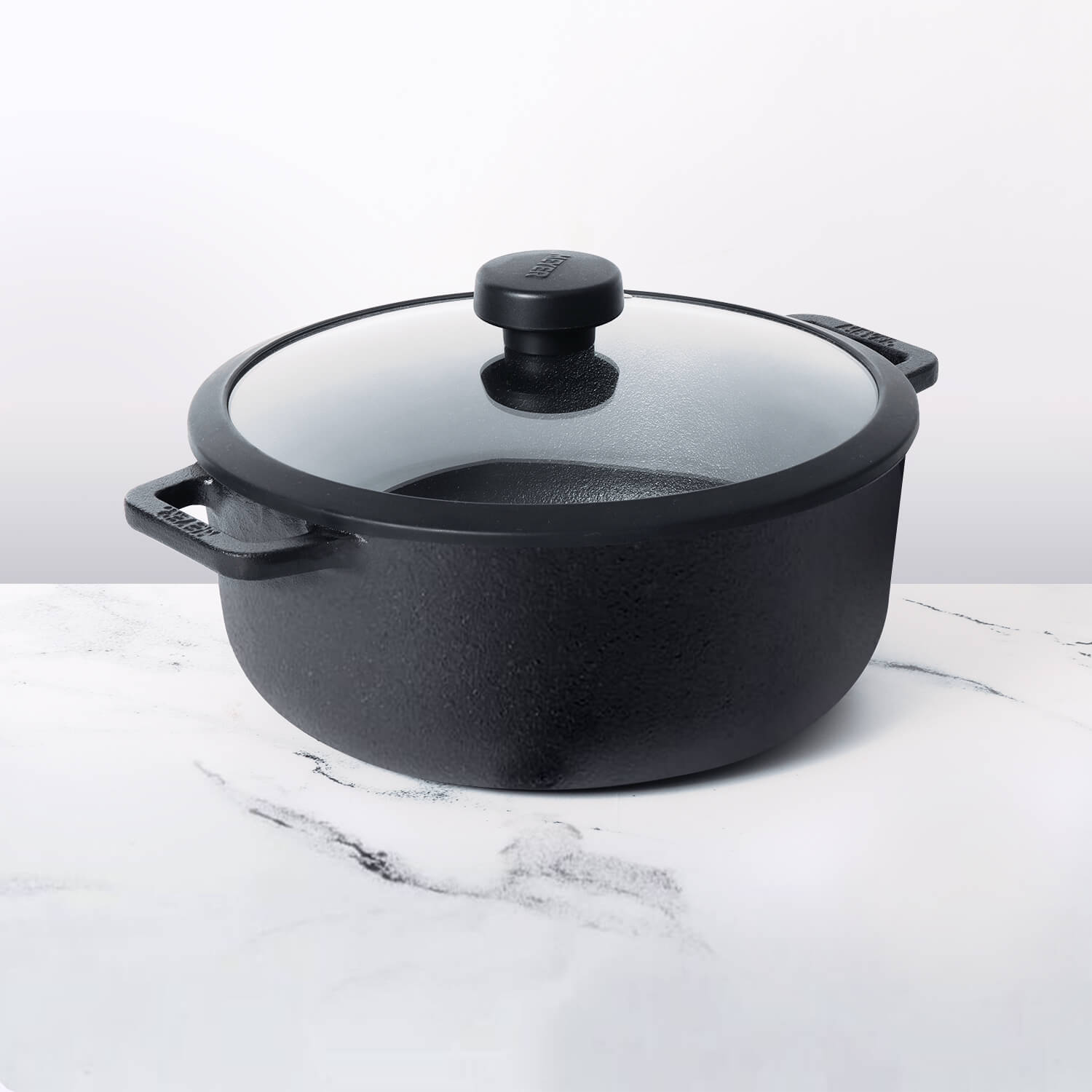Daruharidra is also known as tree turmeric or Indian barberry. It has long been a part of the Ayurvedic medical system. Daruharidra's fruit and stem are both frequently used for their therapeutic properties. The fruit is a good source of vitamin C and is edible.
Table of Contents
Due to its anti-inflammatory and anti-psoriatic properties, daru haldi is mostly helpful for skin conditions like inflammation and psoriasis. Due to its antibacterial and anti-inflammatory qualities, it aids in the management of acne by halting the growth of germs that cause acne and lowering inflammation.
Because Daruharidra powder has a Ropan (healing) quality, applying a paste made of it with honey or rose water to burn speeds up the healing process. Due to its ability to control the level of liver enzymes, daru haldi aid in liver preservation and the prevention of liver diseases. Due to its antioxidant, anti-inflammatory, and hepatoprotective properties, it also shields liver cells from harm brought on by free radicals.
Due to its antimalarial properties, it is also used to treat malaria since it stops the parasite's growth. It is also advised for diarrhoea because, as a result of its antibacterial activity, it inhibits the growth of the germs that cause diarrhoea.
About Daru Haldi:
Many people refer to Berberis aristata by the names Daruharidra, Daru Haldi, Indian barberry, Tree turmeric, and Chitra. The Berberidaceae family includes the spiky, hard, and yellowish herb known as daruhidra. The sub-Himalayan region, the Nilgiri Hills in southern India, and the hilly regions of Nepal between the altitudes of 2000 and 3500 metres are where it is most frequently observed. It is recognised as one of the most important herbal plants in Ayurvedic, Siddha, and Unani medicine because of its therapeutic benefits. The plant's roots are the official source of the drug.
According to conventional Indian and Chinese medical traditions, almost every part of this plant has significant medical importance. Its roots, including Darvyadi kvatha, Rasaut, Darvyadi leha, Rasanjana, Dasanga lepa, and others, as well as its bark, rhizomes, stem, leaves, and fruits, are used in numerous traditional ayurvedic medicines. Berberis aristata plant extracts are used in pharmaceutical, nutraceutical, and cosmeceutical applications. Proto-berberine, isoquinoline, bisbenzyl-isoquinoline, and other important phytochemicals such as flavonoids and phenolic acids are all present in the plant.
Health benefits of Daru Haldi:
- Improves Skin Quality
Ayurveda recognises Daruharidra as a well-known go-to remedy for a variety of skin conditions due to its endowment of antioxidant, antibacterial, and anti-inflammatory characteristics. It reduces sebum production and aids in treating a variety of skin illnesses due to its blood purifying properties and Kapha-Pitta features, which help remove toxins from the blood. In addition to protecting the skin from the damaging UVA and UVB rays' oxidative radical damage, it also delays the appearance of wrinkles, fine lines, blemishes, spots, and dark undereye circles. Additionally, it is useful for treating a variety of allergic disorders, including psoriasis, scabies, eczema, acne, pimples, and zits. Even burns, ulcers, and other lesions can be healed using it.
How to make the paste?
1 tablespoon aloe vera gel, 1 teaspoon Daruharidra powder, 1 teaspoon neem powder, a pinch of turmeric, and rose water should be combined to form a paste. Spread this paste all over your face and neck to get a beautiful, flawless complexion.
- Treats Gynaecological Problems
There is no better treatment for hormone issues than daruharidra. It is essential for controlling periods, treating postpartum illnesses, and even reducing severe abdominal pain and bleeding. It also aids in the treatment of amenorrhea (absence of menstruation), dysmenorrhea-related abdominal cramps, menorrhagia (abnormally heavy or prolonged bleeding), metrorrhagia (abnormal bleeding from the uterus between periods), and menorrhagia (abnormally heavy or prolonged bleeding) (painful menstruation). Leucorrhea or Shweta Pradara can be treated with the herb's Kashaya property.
- Solutions for Liver Anomalies
Daruharidra develops strong hepatoprotective and hepatostimulative characteristics, making it an effective treatment for jaundice and other liver abnormalities including cirrhosis and fatty liver, in which the liver is most severely afflicted. Due to the presence of the active component Berberine, Daruharidra aids in lowering blood triglyceride levels as well as liver enzyme levels. By causing the liver to secrete bile, which in turn allows the liver enzymes to return to normal levels, the root extract supports the liver's ability to operate. Additionally, it enhances liver function and cleanses the liver by getting rid of AMA.
- Controls diabetes
Daruharidra exhibits potent anti-diabetic qualities that excel in regulating the body's blood sugar levels. When diabetic patients have subpar glycaemic control, the biochemical components berberine and berberol are a helpful way to start them on insulin therapy. Additionally, when the extract of Daruharidra is consumed, the beta-pancreatic cells that help produce insulin become very active. Additionally, it slows down the conversion of starch into glucose, which leads to low blood sugar levels in the body and maintains a consistent diabetic reading.
- Manages diarrhoea
Daruharidra is widely used for eliminating bacteria from the intestines that cause diarrhoea and other intestinal disorders. It also has strong antibacterial and anti-diarrheal effects. It can be used to treat AMA ATISARA, a type of acute diarrhoea marked by slimy bowels that are sticky, full of mucus, and have a foul odour, when ingested in the recommended dosages. This herb not only helps the body get rid of impurities, but it also successfully lessens how often you poop and even treats dysentery.
Effects of Daru Haldi on Dosha
Daruharidra is endowed with Katu Rasa (a pungent taste), Tikta Rada (a bitter taste), Laghu (a light), and Rukshna Guna (i.e., dry quality). It is an inherent characteristic of Katu Vipaka and Ushna Virya (hot potency) (i.e., pungent metabolic taste). These remarkable qualities of Daruharidra help to distinguish between the Vata (air) and Pitta (fire and air) doshas, however an excess of it can worsen them. Due to its inherent qualities and doshas, Daruharidra has a positive impact on all of the body's Dhatus, or tissues, including Rasa (blood plasma), Rakta (blood), Mamsa (muscles), Majja (cartilage), Asthi (bones), and Shukra (i.e., Reproductive Fluids).











Leave a comment